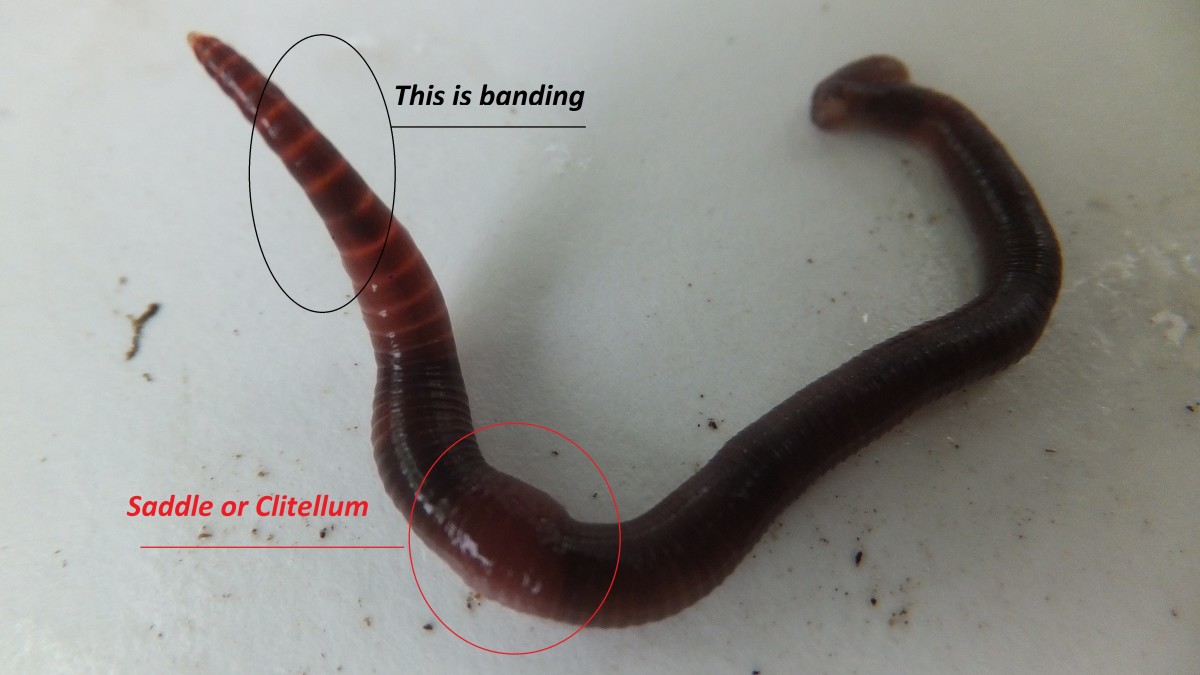Red Wiggler Express: High-Quality Bait for a Successful Fishing Day
Red Wiggler Express: High-Quality Bait for a Successful Fishing Day
Blog Article
Open the Keys of Red Wigglers: Your Overview to Composting Success
The assimilation of red wigglers right into composting techniques offers a substantial possibility for boosting soil health and promoting sustainability. Recognizing their needs and habits is important for enhancing their possibility, from establishing up an appropriate worm bin to feeding them the ideal products.

What Are Red Wigglers?
(Red Wiggler Express)Red wigglers, clinically referred to as Eisenia fetida, are a types of earthworm largely utilized in composting because of their exceptional ability to decay natural issue efficiently. These worms are identified by their reddish-brown pigmentation and a segmented body, generally gauging between 3 to 4 inches in length. Unlike various other earthworm species, red wigglers grow in rich, natural atmospheres, making them perfect for vermicomposting systems.
Belonging To The United States And copyright, they are frequently located in rotting leaves and compost heap, where they play a critical function in nutrient recycling. Their adjustment to living in a wet, aerobic atmosphere enables them to eat big amounts of organic waste, damaging it down into nutrient-rich castings that boost soil wellness.
Red wigglers reproduce quickly, with a solitary worm qualified of generating numerous cocoons each week, each containing multiple hatchlings. Comprehending the biology and habits of red wigglers is essential for optimizing their potential in composting applications.
Benefits of Using Red Wigglers
Taking advantage of the power of red wigglers in composting offers various benefits that enhance soil health and promote sustainable waste management. These remarkable organisms efficiently break down raw material, changing kitchen area scraps and lawn waste into nutrient-rich vermicompost. This completed product is extremely advantageous for plant growth, as it improves dirt framework, boosts wetness retention, and improves nutrient availability.

(Red Wiggler Express)Additionally, the visibility of red wigglers in your composting system can speed up the composting process, producing high-grade garden compost in a fraction of the moment contrasted to conventional methods. The spreadings produced by these worms are additionally including helpful bacteria that further improve the soil community.
Establishing Up Your Worm Container
Creating an efficient worm bin is an uncomplicated process that can significantly improve your composting initiatives. The initial step is choosing a suitable container. Worm containers can be made from plastic storage containers, wooden boxes, or commercially readily available worm bins. Make certain the bin has ample drainage and air flow openings to preserve optimum moisture levels and air movement.
Next, prepare the bed linen product, which functions as the worms' environment. A mix of shredded paper, cardboard, and coconut coir works well, offering a comfy setting for the worms. Go for a bed linens deepness of about 4-6 inches. Moisten the bed linens gently, guaranteeing it resembles a moist sponge without excess water merging at the base.

Feeding Your Red Wigglers
To make certain the health and wellness and efficiency of your red wigglers, it is important to provide them with a well balanced diet plan that meets their dietary requirements. Red wigglers flourish on a varied variety of organic products, which not only supply essential nutrients however also advertise efficient composting.
Beginning by integrating kitchen scraps such as veggie peels, fruit cores, and coffee premises. Avoid citrus fruits, onions, and garlic, as these can be destructive to worm health and wellness. Additionally, present shredded paper, cardboard, and dry fallen leaves to create a well-aerated setting.
Feeding frequency should be checked; normally, worms can consume half their body weight in food weekly. It is crucial to stay clear of overfeeding, as excess food can result in undesirable odors and bring in bugs. A good technique is to add food in tiny amounts, permitting worms to process it before introducing much more.
Keeping wetness degrees is also crucial; the bedding must perspire yet not soggy. Last but not least, make certain to consistently inspect the temperature level and pH levels of the bin to make certain an optimal setting for your red wigglers, inevitably improving their composting performance.
Harvesting and Using Garden Compost
An effective composting procedure with red wigglers finishes in the rich, dark compost understood as vermicompost, which can dramatically enhance dirt health and plant growth. Harvesting this nutrient-dense product commonly takes place every 3 to 6 months, depending upon the dimension of your system and the amount of organic issue being refined.
To gather, carefully separate the garden compost from the worms and any type of undecomposed materials. One reliable approach includes moving the contents of the container away and adding fresh bed linens and food to the void, motivating the worms to migrate. After a couple of days, the compost can be collected from the contrary side.
It is vital to use vermicompost properly to maximize its advantages. It can be utilized as a leading clothing for yard beds, combined into potting dirt, or made right into a nutrient-rich liquid fertilizer recognized as "worm tea." This application approach assists Lake Hickory Bait to supply essential nutrients straight to plant roots, advertising much healthier development. By including vermicompost right into your gardening program, you not only reuse organic waste however additionally produce a flourishing ecosystem that supports sustainable horticulture methods.
Verdict
In summary, red wigglers work as outstanding allies in composting efforts, transforming natural waste right into nutrient-rich vermicompost (Red Wiggler Express). Their distinct organic features and efficient waste handling capacities add considerably to lasting horticulture practices. By comprehending the ideal problems for their environment, feeding requirements, and compost harvesting strategies, garden enthusiasts can enhance soil health and wellness and advertise plant vigor. Welcoming vermicomposting not only decreases garbage dump waste however additionally fosters a more environmentally accountable technique to horticulture and source management.
Report this page